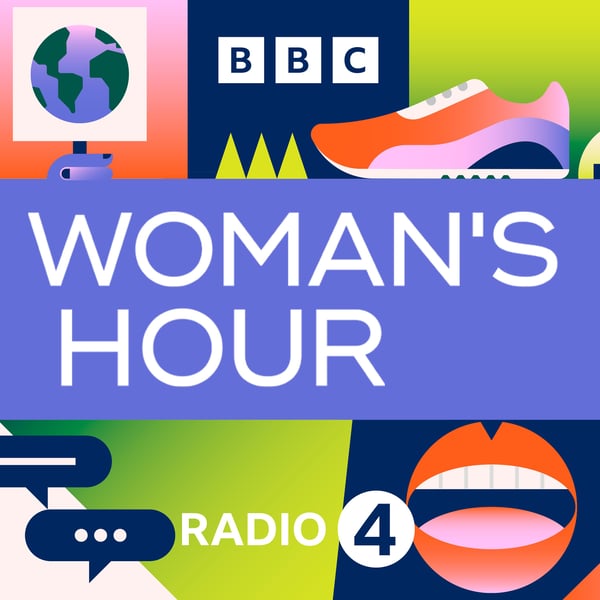Carrie Johnson, Supreme Court nominee, Women & work in the 17th century, Rising popularity of thongs, MMR
Woman's Hour
BBC
4.2 • 2.9K Ratings
🗓️ 1 February 2022
⏱️ 57 minutes
🧾️ Download transcript
Summary
Transcript
Click on a timestamp to play from that location
| 0:00.0 | BBC Sounds, Music, Radio, Podcasts. |
| 0:05.4 | Hello, I'm Emma Barnett and welcome to Woman's Hour from BBC Radio 4. |
| 0:10.0 | Good morning and welcome to the programme. |
| 0:12.5 | From Thongs to the US Supreme Court, I've got you covered today. |
| 0:16.2 | Or not in the case of Thongs. |
| 0:18.3 | But what I am intrigued to hear your take on is how much work is your identity and the |
| 0:23.3 | blurring of lines between work and life, wittingly or unwittingly. |
| 0:28.0 | On today's programme, we're going to learn together about how much work formed a part |
| 0:31.6 | of women's identity in the 17th century and how welcome that was. |
| 0:36.5 | Because of course what's different between men and women on the work front is that women |
| 0:40.2 | have to fight for the right to work, to be paid properly and treated well, if not equally, |
| 0:45.9 | to actually leave the home and have a separate identity. |
| 0:49.5 | Some of you will have jobs which are just that. |
| 0:52.1 | They do not define who you are and you make all efforts to ensure that. |
| 0:56.5 | They just are a way of paying the bills. |
| 0:59.1 | Some of you won't be working and are looking and needing and very mindful of that. |
| 1:03.8 | Some of you may be at the start of your working life or at the end. |
| 1:07.3 | But those boundaries between work and life have blurred in the digital age and of course |
| 1:11.4 | during the pandemic as people have begun working where they live or carried on but with |
| 1:15.5 | more intensity, it is a blur. |
| 1:18.8 | How much of you is you and how much of that is bound up in work? |
| 1:22.8 | Perhaps you're happy with that or have you tried to make a change? |
... |
Please login to see the full transcript.
Disclaimer: The podcast and artwork embedded on this page are from BBC, and are the property of its owner and not affiliated with or endorsed by Tapesearch.
Generated transcripts are the property of BBC and are distributed freely under the Fair Use doctrine. Transcripts generated by Tapesearch are not guaranteed to be accurate.
Copyright © Tapesearch 2025.

